Libraries, lists and a LEGO leap have made this a busy spell for children’s reading.
The government has announced a statutory reading assessment for all Year 8 pupils. The test has been set out by the education secretary as a check on “reading fluency and comprehension” at age 13. Results will be shared with Ofsted and the government, with individual outcomes reported to parents.
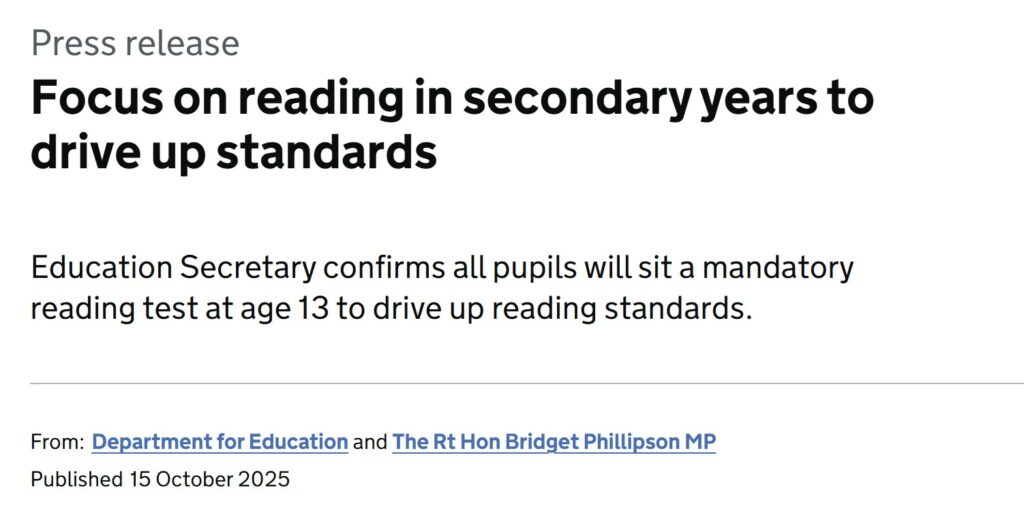
The National Literacy Trust, with the Department for Education, has unveiled National Year of Reading 2026 under the “Go All In” banner. The campaign positions reading as a social and immediate activity. David Hayman has been appointed campaign director.
At the Labour conference, the Chancellor has committed to a library in every state primary school in England by 2029. The pledge sits within the Libraries for Primaries campaign, founded by the National Literacy Trust and Penguin Books. Estimated costs to cover schools without provision are cited at around £17.5 million, with The Guardian reporting funding from £132.5 million of dormant assets.
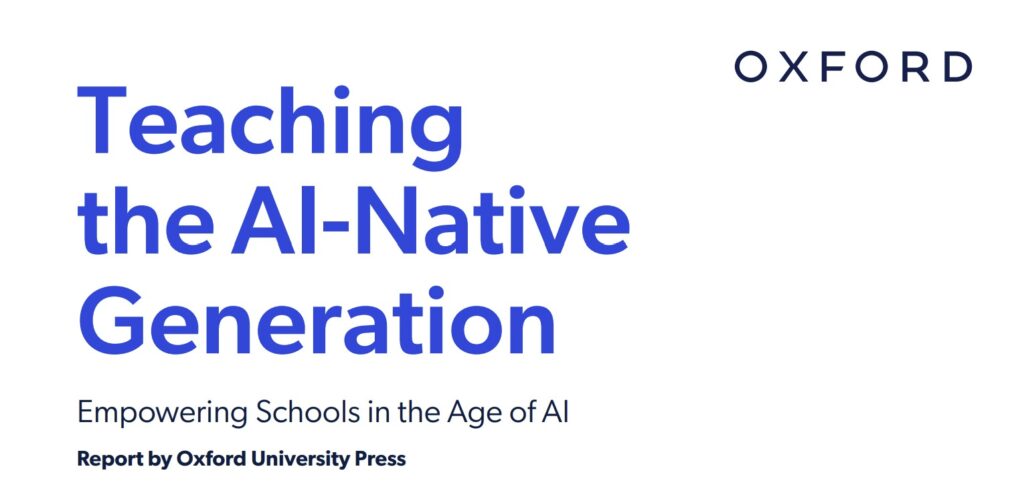
Oxford University Press has reported on how teenagers are using AI in schoolwork. In Teaching the AI-Native Generation, OUP has found eight in ten 13 to 18-year-olds use AI tools, rising to nine in ten in London. 48% of pupils want teacher support to judge what AI content is trustworthy.
The same report notes mixed views on impact. 62% say AI has negatively affected some skills. A quarter say AI makes it too easy to do their work, and one in ten believe it limits creative thinking.
Pupils have also voiced concerns about copying and bias. 60% worry AI tools encourage copying rather than original work. 51% worry resources may reinforce untrue stereotypes.
OUP has launched an AI and Education Hub alongside the research. Guidance for teachers, an AI framework for school resources, and “top tips” sit within the hub. The focus is on clarity about when and how to use AI in lessons.
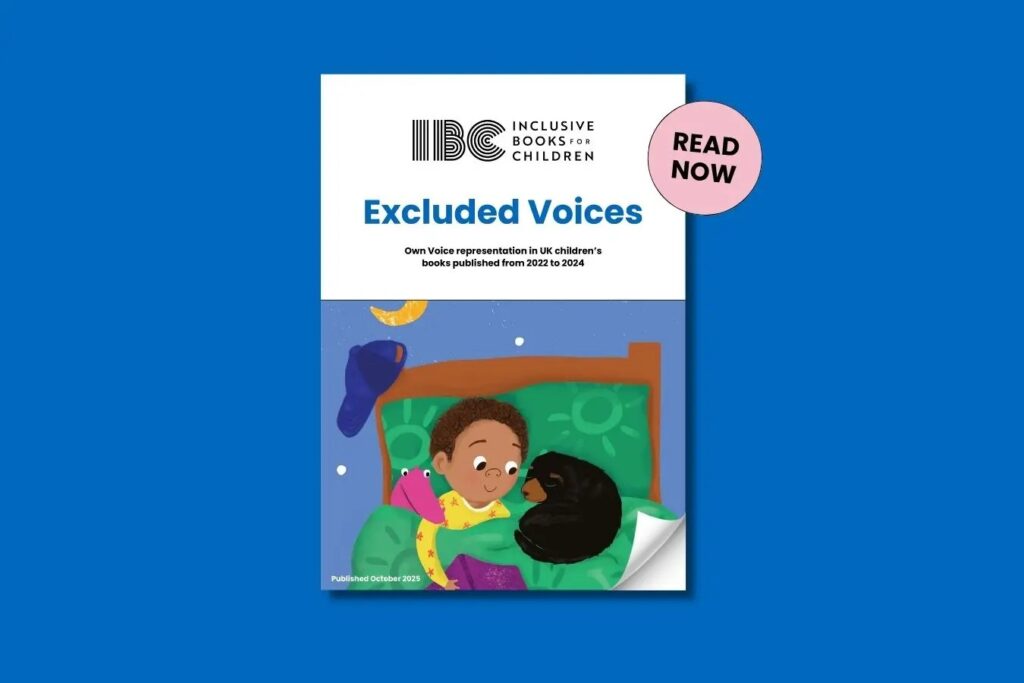
Representation in books for younger readers has come under renewed scrutiny. Inclusive Books for Children has published the second Excluded Voices report, analysing 2,721 UK books for ages 1 to 9 from 2022 to 2024. Only 5.9% featured marginalised main characters, and 49% of those were by Own Voice creators.
The breakdown highlights gaps. 1.3% of main characters were of South Asian heritage compared with around 12.5% of pupils. 0.8% featured East and Southeast Asian protagonists against approximately 2.6% of pupils. Books with Black main characters fell by 21.5% compared with 2023.
Disability and neurodiversity appear rarely in the sample. Only seven books featured disabled main characters, and six featured neurodivergent main characters. For babies and toddlers, 2.8% of books featured marginalised main characters.
The report comments on commissioning patterns. It identifies an upward trend in acquiring Own Voice titles from overseas, and a rise in South Asian main characters by British Own Voice creators. Publishers and awards credited for work in this area include Walker, Little Tiger, Orchard, Alanna Max, Barefoot Books, Five Quills, Knights Of, Lantana, Tate, Thames & Hudson, and schemes such as the Jhalak Prize, Diverse Book Awards and Adrien Prize.
Award seasons have moved forward. The Branford Boase Award 2026 judging panel has been announced, chaired by Julia Eccleshare, with Margaret McDonald among the judges. Submissions for the 2026 award are open until Friday 28 November 2025.
The Nero Book Awards 2025 Children’s Fiction judges are Sharna Jackson, Emily Bearn and Nick Campbell. Category shortlists of four titles each will lead to the Nero Gold Prize. The awards recognise writing across four categories in the UK and Ireland.
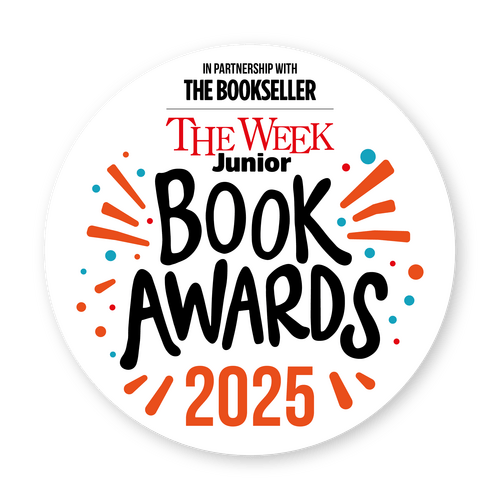
The Week Junior Book Awards winners have been named. The Wrong Shoes, by Tom Percival, has taken Children’s Book of the Year, Older Fiction. Dungeon Runners: Hero Trial, by Kieran Larwood, illustrated by Joe Todd-Stanton, has taken Younger Fiction, with a highly commended for Watts & Whiskerton: Buried Bones and Troublesome Treasure, by Meg McLaren. Unicorn Boy, by Dave Roman, has won Graphic Novel.
Other Week Junior winners include Explodapedia: Rewild, by Ben Martynoga, illustrated by Moose Allain, for Factual, and Big Bad Wolf Investigates: Fairy Tales, by Catherine Cawthorne, illustrated by Sara Ogilvie, for STEM. There’s a Tiger on the Train, by Mariesa Dulak, illustrated by Rebecca Cobb, has taken Picture Book, and Fia and the Last Snow Deer, by Eilish Fisher, illustrated by Dermot Flynn, has taken Poetry. Happy Days: 365 Facts to Brighten Every Day of the Year, by Emily Coxhead, has won the Children’s Choice award.
The Little Rebels Award for Radical Children’s Fiction has seen a second-time winner. Sarah Hagger-Holt has won the 2025 award with The Fights That Make Us. She previously won in 2022 with Proud of You. The prize includes £2,000 and a donation via the Gill Lewis Award.
The longlists for the UKLA Book Awards 2026 have been announced across 3–6+, 7–10+, 11–14+ and Information Books. Panels of past teacher judges and education specialists have made the selections. There are 85 judges who will read, share books with pupils, and agree on shortlists by mid-March.
Highlights across lists include repeat appearances for Katya Balen and Alex Latimer, and a third successive 11–14+ longlist place for Nathanael Lessore. New publisher Post Wave Children’s Books appears with multiple titles. Past winners are listed for reference by the organisers.
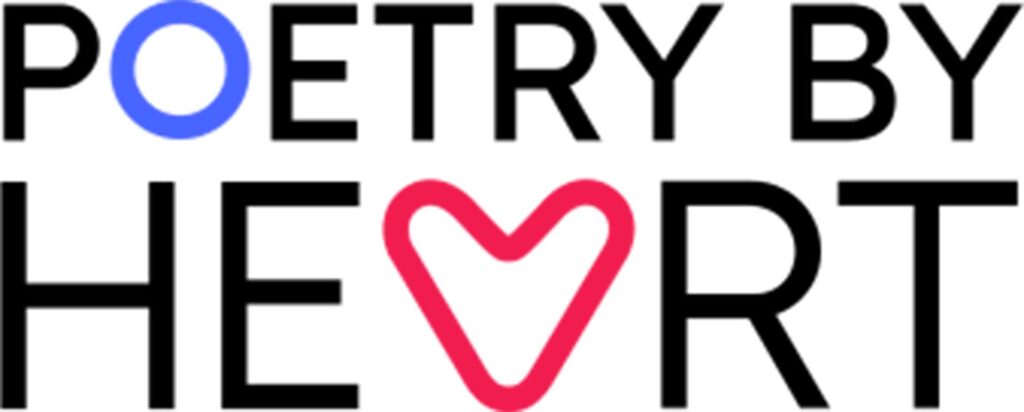
Reading for pleasure and performance has a platform this term. Poetry By Heart has opened its 2026 competition on National Poetry Day with a preview scene from a forthcoming feature documentary. The film follows pupils and teachers as they select poems, learn them, perform them, and reach the Globe finale.
Participation figures are clear. More than 1,600 schools took part in 2025. 128,000 young people performed a poem out loud, and over 4,300 entered the finals. Access to the competition and teaching resources is free.

Festivals and public events have set dates. Phoenix Fest takes place in Oxford from 25 to 26 April 2026, run by The Phoenix comic and David Fickling Books. The programme includes live artist shows, draw-a-longs and meet-the-artist sessions across university venues, with tickets on sale in January.
Closer to home, reading has kept a foothold in parks. In Jersey, Every Child Our Future has returned with a story trail at Millennium Park. Families follow the Superworm page by page on display boards as part of the Festival of Words.
Publishers have adjusted their lists. Magic Cat has expanded into picture books and early readers, adding illustrated chapter books and “piction” titles. Ivy and Bearlock Holmes has launched the programme, with further titles signalled and puzzles woven into narratives.
Brands have stepped into fiction. DK and LEGO will publish fiction under the DK flip imprint from autumn 2026. Launch plans include Jeffrey Brown’s The Lost Brick, plus LEGO Friends Pet Rescuers and LEGO NINJAGO Quill of Destiny.
BookTrust has marked its centenary with an exclusive board book for its Bookstart Baby scheme. Peter Rabbit: Four Happy Bunnies has been introduced at a Clarence House reception hosted by the charity’s patron, The Queen. The programme reaches around 90% of newborns through health visitors and early years partners.
Change in leadership has also been reported. Quarto has appointed Alli Brydon as publisher of children’s books for the North American market. The role is based in London and covers a programme tailored to the US and Canada.
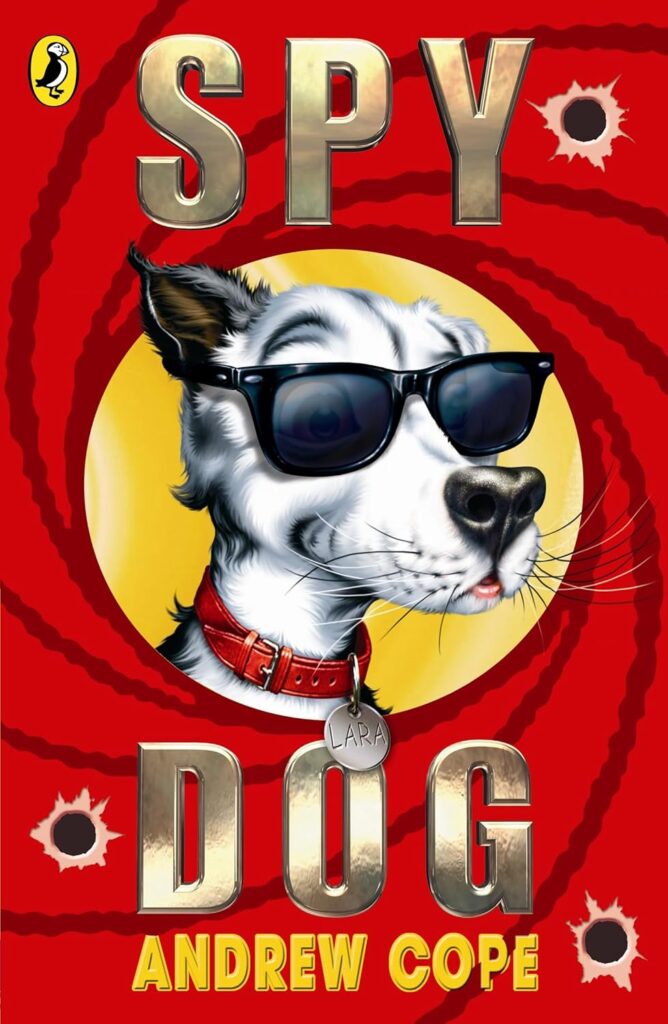
Schools may have to check library shelves for one series. Puffin has paused the sale and distribution of Andrew Cope’s Spy Dog, Spy Cat and Spy Pups after, through no fault of the author or publisher, a printed website link in some editions was maliciously hijacked and redirected by a third party to inappropriate content. The publisher and author have asked readers not to visit the link and are working to remove affected copies from sale and circulation.
For those tracking the education market, print school-book sales have dipped over the last year in shops measured by TCM. CGP maintains a dominant share in School Textbooks & Study Guides. Shakespeare and JB Priestley remain fixtures on school lists, with An Inspector Calls still leading the category.
From Year 8 tests to library plans and book awards, the message is the same: put books and reading first!
